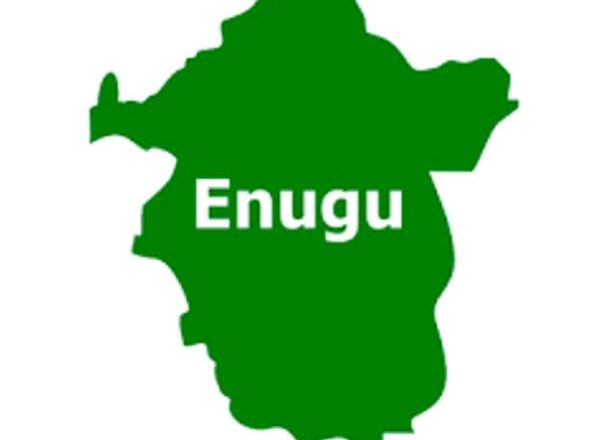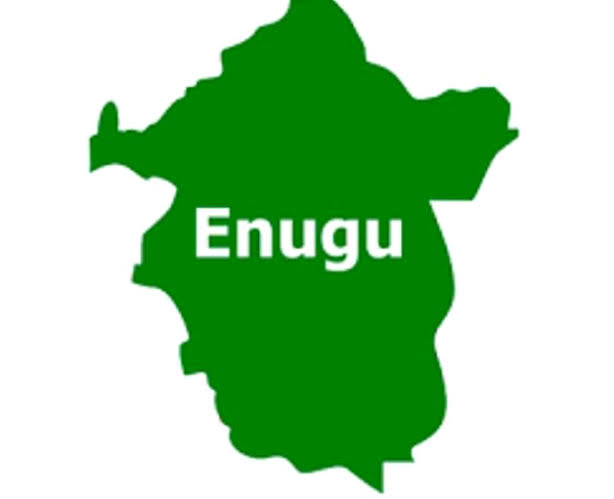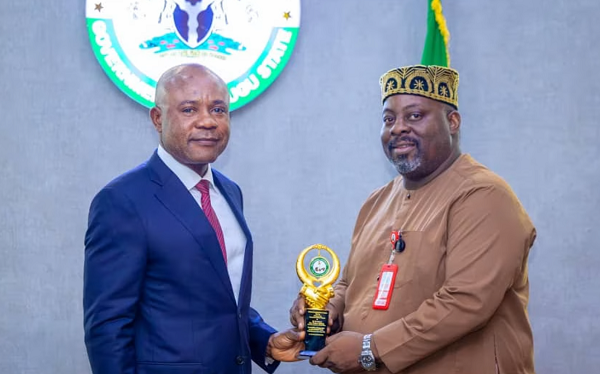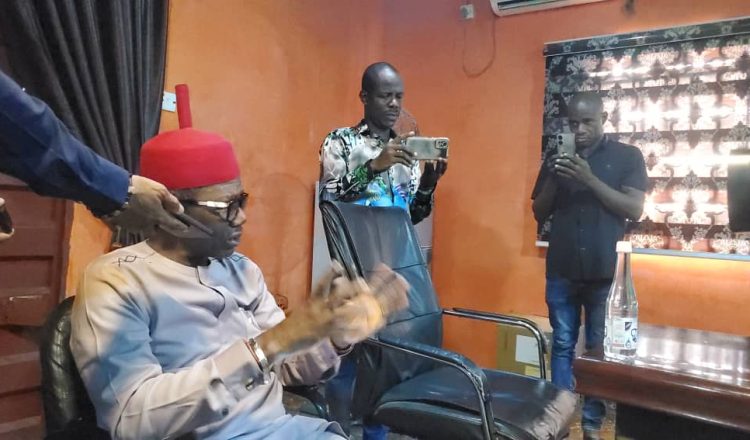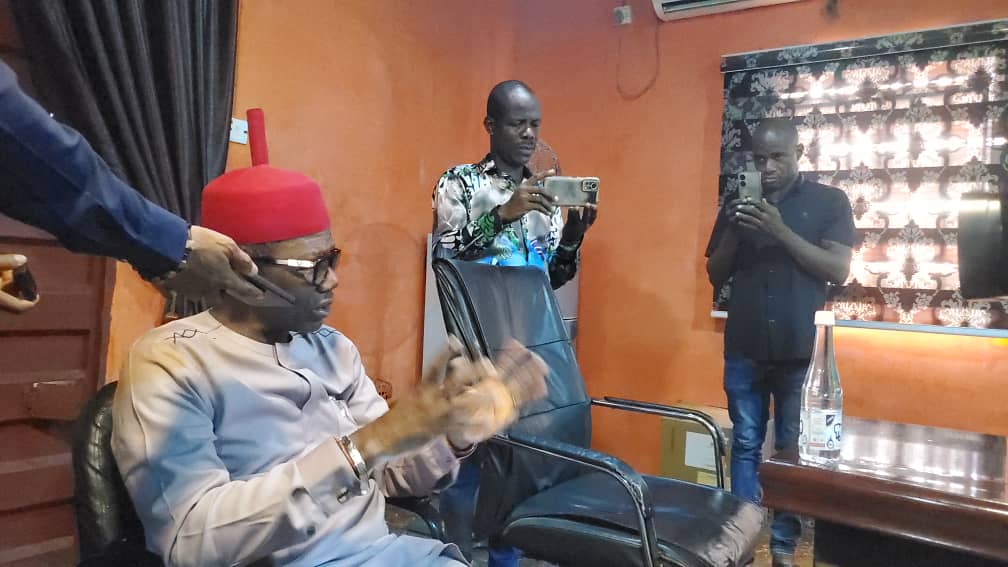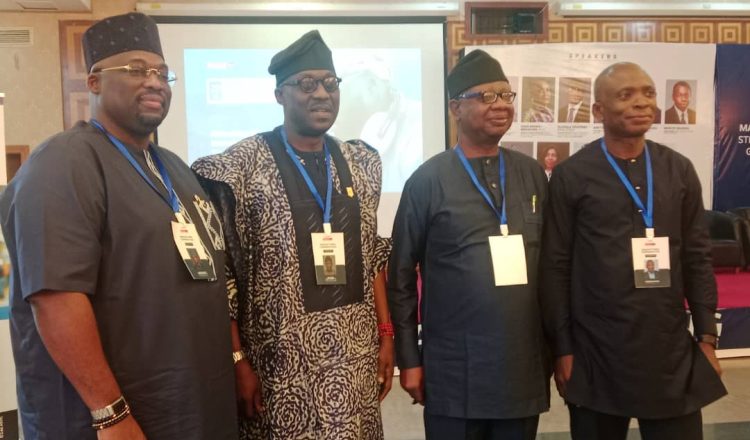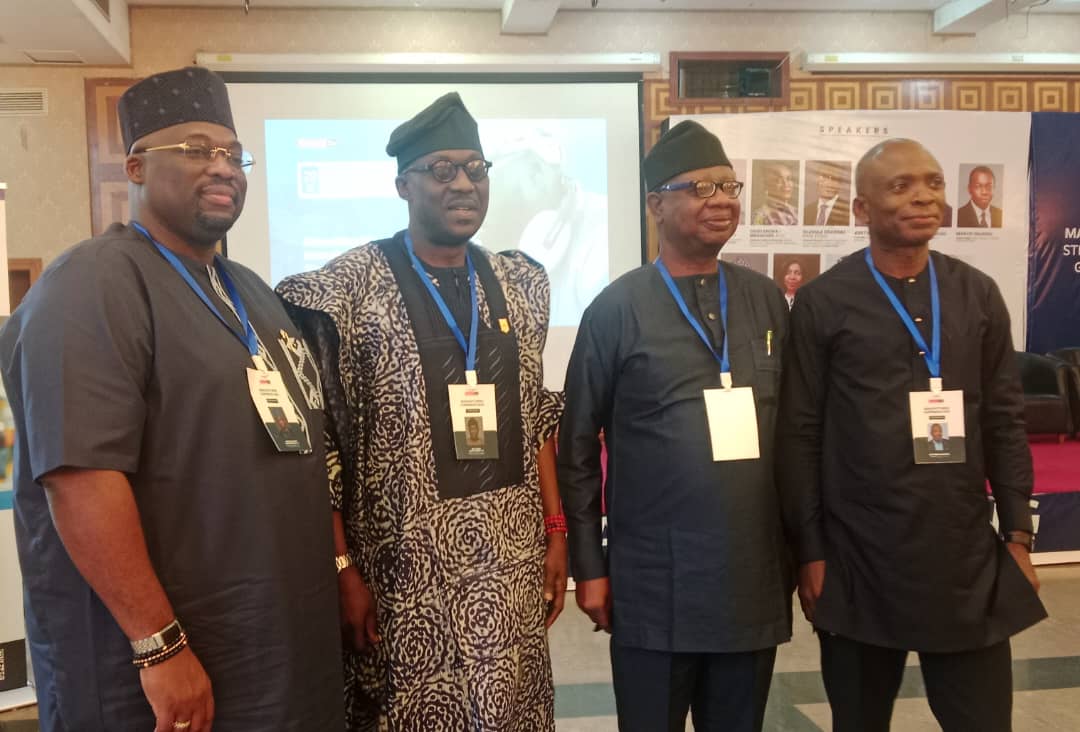
From landmark acquisitions to digital innovation and ESG leadership, Seplat Energy is transforming Nigeria’s energy landscape and setting new standards for Africa’s indigenous operators, the Company’s Chief Executive Officer, Roger Brown, told Forbes Africa/Penresa team in an interview.
Following its landmark acquisition of Mobil Producing Nigeria Unlimited (MPNU) assets, Seplat Energy is poised to redefine Nigeria’s gas future through a blend of integration, innovation, and an unwavering commitment to inclusive national development. “We are absolutely delighted to have completed the MPNU acquisition. It’s a true game-changer for Seplat Energy. The scale of this transaction is simply monumental,” says Brown.
“We’re now active in 11 blocks, eight of which we operate directly.” The acquisition not only doubled Seplat’s reserves but also significantly expanded its footprint and diversified its portfolio across upstream and midstream sectors. “We have seven onshore blocks and four shallow-water offshore blocks. With this acquisition, we formed Seplat Energy Producing Nigeria Unlimited (SEPNU) and now manage operations that connect seamlessly into three terminals—one offshore and two onshore,” Brown elaborates.
He adds, “This gives us a fully integrated value chain—from the wellhead all the way to export via vessel—with Seplat in full control of operations. Our production has materially increased. We’ve moved from around 50,000 barrels per day to over 120,000 barrels per day. We’re proud to say that our workforce now includes around 1,500 professionals—the vast majority of whom are Nigerians.”
Brown emphasizes that the gas resource in Seplat’s offshore blocks is extraordinary. “While not all of it is currently classified as proven reserves, we estimate the actual volumes are three times what we’re currently reporting. This gas will be instrumental. It will feed into domestic power generation, industrial uses such as fertilizer and petrochemicals, and LNG—both Nigerian LNG and new floating LNG initiatives.”
He adds, “This is a major opportunity for Nigeria as we move into a new phase of energy autonomy. It’s not just about exporting oil and gas anymore; it’s about building domestic capacity that supports job creation, industrialization, and long-term economic resilience.” Seplat’s strategy remains focused on meeting Nigeria’s specific energy needs.
“You must tailor your energy strategy to where you operate. Nigeria has one of the lowest levels of energy access globally. Affordable, reliable energy is essential for economic development, job creation, manufacturing, education, and healthcare,” says Brown. “Gas is the answer for Nigeria’s base load electricity. It’s available 24/7, 365 days a year.”
He continues, “By the end of this year, we’ll have three operational gas processing plants onshore. Strategically, these are located to serve high-demand areas such as Lagos and Abuja. Together with our offshore acquisition, we’ll soon be capable of processing one billion cubic feet of gas per day. This expanded gas capacity will lower electricity costs and displace expensive and polluting diesel generators.”
While gas remains foundational, Seplat is already thinking ahead. “We do have ambitions in renewables and electricity generation,” Brown notes. “But for now, the biggest opportunities—and the greatest needs—lie in upstream oil and gas and midstream gas processing. At some point, when the time is right, we will take further steps into the electricity space.” The company’s long-term roadmap includes expanding modular solutions that can bring power closer to off-grid communities. “We’re exploring modular gas-to-power systems that can be deployed in rural areas. These will play a key role in solving last-mile electricity access problems,” he says.
Technology is central to Seplat’s strategy—both for operational excellence and for reducing environmental impact. “We’re aggressively moving to end routine flaring—some years ahead of Nigeria’s national target of 2030,” Brown states. “We’ve committed to ending flaring in our onshore operations this year, and we’re working on a roadmap for our offshore assets.”
“We’re deploying AI to monitor the integrity of aging infrastructure. Predictive maintenance now guides our operations. We’re also using better drilling technologies, data analytics for seismic analysis, and digital twins for real-time monitoring. Our technology team is continuously scouting and deploying tools that improve efficiency and reduce our carbon footprint.”
The adoption of these tools, he says, is part of building a smarter, safer, and more future-resilient Seplat. “This is about creating a culture of continuous innovation—about using the best available tools to optimize performance while keeping people and the environment safe.” Seplat is also investing in people, recognizing that long[1]term sustainability starts with human capital. “We just onboarded 50 new graduates through our graduate trainee program—out of over 10,000 applicants,” Brown shares.
“The talent in Nigeria is remarkable. We want to give them reasons to stay and thrive here.” This investment in human capital extends into partnerships with educational institutions and STEAM (Science, Technology, Engineering, Arts & Mathematics) programs.
“We’re working with universities to help shape curricula that are aligned with the skills we need in the energy industry,” Brown explains. “It’s not just about hiring—it’s about helping to develop the next generation of Nigerian engineers, geoscientists, economists and tech innovators, among others.”
Strong governance and a commitment to transparency underpin the company’s role in Nigeria’s transformation. “President Bola Tinubu has made clear that attracting foreign direct investment is a national priority. The process we went through with the MPNU acquisition was incredibly detailed and transparent. That’s the kind of diligence international investors expect.” Brown notes the institutional progress being made.
“Two of our board members are now part of NNPCL’s board. These are top-tier professionals—a clear signal that Nigeria is serious about transforming the energy sector. You simply cannot ignore Nigeria—a population of over 200 million heading toward 400 million. By 2050, one in four people on the planet will be African. Nigeria will be central to that story.”
He stresses the global significance of what is happening now. “This is a pivotal moment for Nigeria and the region. The global energy transition will not look the same everywhere. For Africa, and for Nigeria specifically, gas is our bridge fuel. And companies like Seplat are showing that indigenous players can lead the way.” Seplat also continues to deepen its impact through community investment and local partnerships. “Our approach is holistic— from scholarships and education support to healthcare outreach and economic empowerment,” he says.
“Our procurement policies prioritize indigenous businesses. We want value to stay in Nigeria, to strengthen the local economy and create jobs across the value chain.” Through its healthcare outreach, Seplat has touched thousands of lives across rural communities with free medical services, maternal health programs, and awareness campaigns. These programs are often developed in consultation with local leaders to ensure relevance and impact. “We believe in being a responsible neighbor and a reliable partner. Our goal is to support long-term development that lasts beyond the life of our projects.”
Environmental stewardship is another cornerstone of Seplat’s ESG commitment. Brown notes, “We’re investing not only in flare reduction but also in biodiversity initiatives and conservation programs in the Niger Delta. We understand our responsibility goes far beyond profitability.” He adds, “We’re even exploring the use of renewable energy to power our own operations—a small but symbolic step toward a diversified energy future. Gas is our foundation, but we’re preparing for what comes next.”
Finally, Seplat’s adherence to global standards ensures its long-term sustainability and investor confidence. “We are dual-listed in Lagos and London. We operate to global standards and have robust governance systems. That’s what gives investors confidence,” Brown says. “We’ve seen real reforms. We’ve seen transparency. We’ve seen changes in leadership, especially at NNPCL, that show Nigeria is serious,” he concludes. “Nigeria is open for business, and Seplat is living proof of what’s possible when you lead with belief, strategy, and integrity.” With bold leadership, a clear vision, and deep national roots, Seplat Energy is not just keeping pace with Nigeria’s Decade of Gas—it’s leading the way.
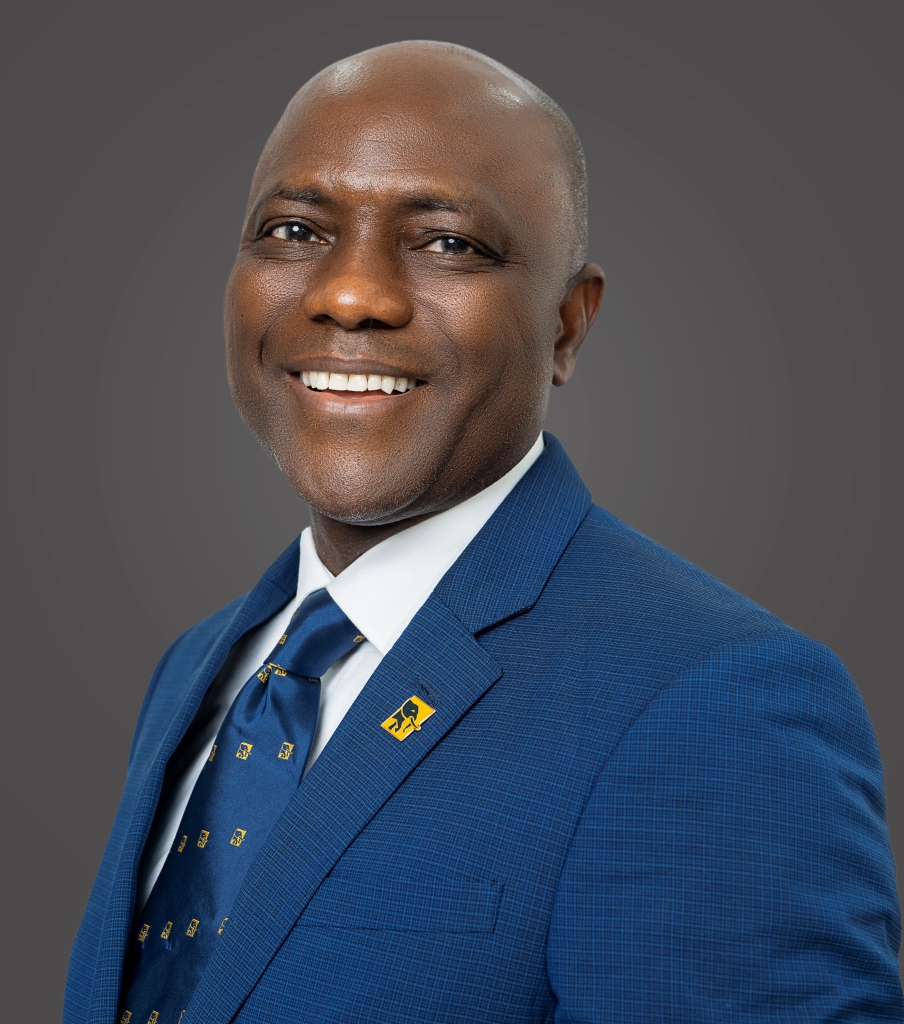 Firstmonie Agent Credit Scheme is a FirstBank’s digital lending solution designed to empower a wide range of low-income individuals who face barriers in accessing traditional credit channels.
Firstmonie Agent Credit Scheme is a FirstBank’s digital lending solution designed to empower a wide range of low-income individuals who face barriers in accessing traditional credit channels.


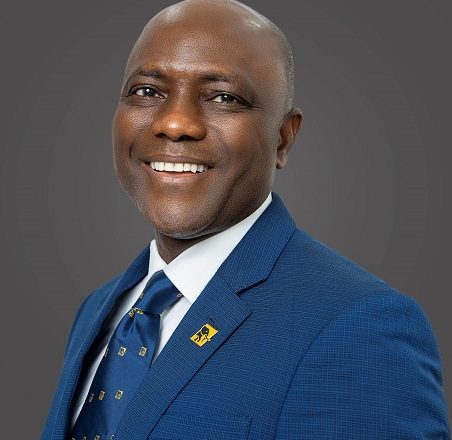

 George Asamani, Managing Director, Project Management Institute, Sub-Saharan Africa has called on African countries and Nigeria to brace up in the face of a possible 37% drop in donor contributions, with Washington potentially withdrawing entirely.
George Asamani, Managing Director, Project Management Institute, Sub-Saharan Africa has called on African countries and Nigeria to brace up in the face of a possible 37% drop in donor contributions, with Washington potentially withdrawing entirely.